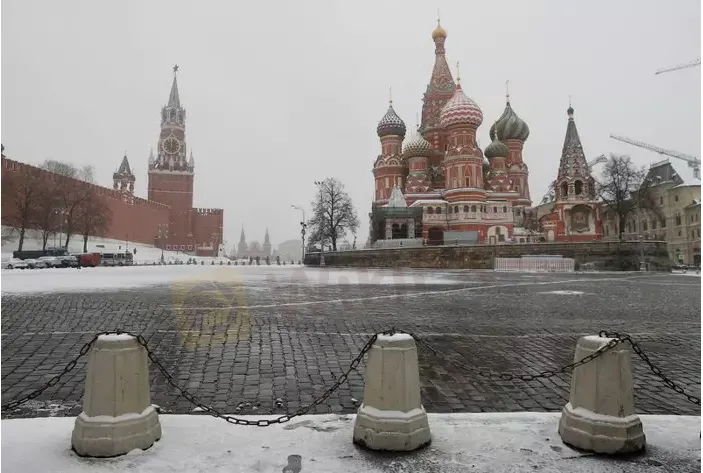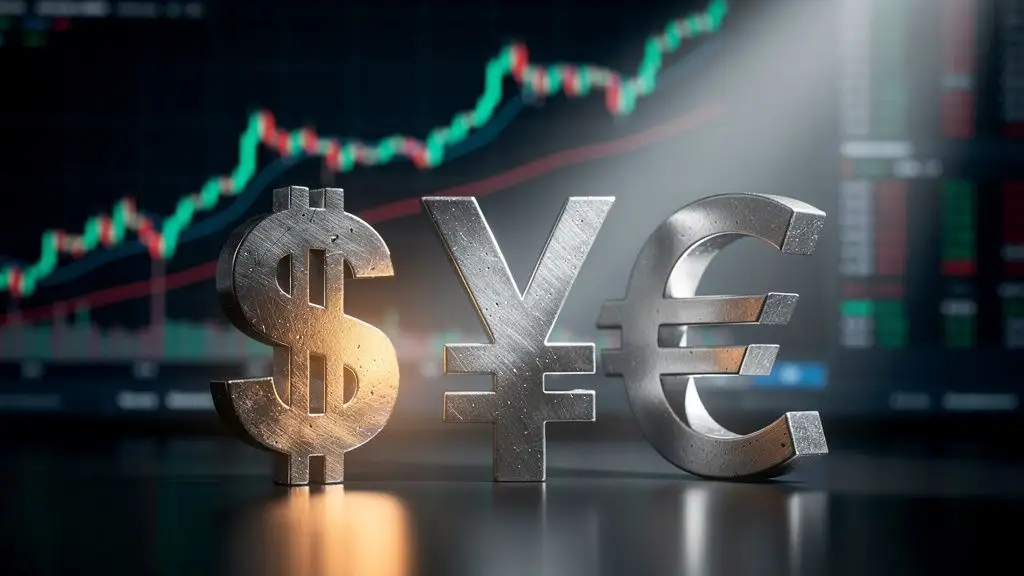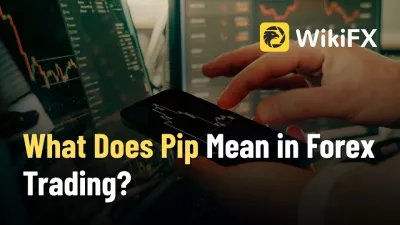Abstract:Russia edged closer to default on Sunday amid little sign that investors holding its international bonds had received payment, heralding what would be the nation’s first default in decades.

Russia defaulted on its foreign sovereign bonds for the first time since the Bolshevik revolution, as sweeping sanctions effectively cut the country off from the global financial system and rendered its assets untouchable to many investors.
A U.S. official said on Monday the default showed how dramatically the sanctions were impacting Russia‘s economy. The official was speaking to reporters as the White House released a fact sheet detailing potential G7 actions to support Ukraine and further stem Moscow’s oil revenues.
“This morning‘s news around the finding of Russia’s default, for the first time in more than a century, situates just how strong the actions are that the U.S, along with allies and partners have taken, as well as how dramatic the impact has been on Russias economy,” the U.S. official added in a briefing on the sidelines of a G7 summit in Germany.
Earlier, some bondholders said they had not received overdue interest on Monday following the expiry of a key payment deadline a day earlier.
Russia has struggled to keep up payments on $40 billion of outstanding bonds since its invasion of Ukraine on Feb. 24, as sweeping sanctions have effectively cut the country off from the global financial system and rendered its assets untouchable to many investors.
The Kremlin has repeatedly said there are no grounds for Russia to default but it is unable to send money to bondholders because of sanctions, accusing the West of trying to drive it into an artificial default.
Russia‘s efforts to avoid what would be its first major default on international bonds since the Bolshevik revolution more than a century ago hit a insurmountable roadblock in late May when the U.S. Treasury Department’s Office of Foreign Assets Control (OFAC) effectively blocked Moscow from making payments.
“Since March we thought that a Russian default is probably inevitable, and the question was just when,” Dennis Hranitzky, head of sovereign litigation at law firm Quinn Emanuel, told Reuters. “OFAC has intervened to answer that question for us, and the default is now upon us.”
A formal default would be largely symbolic given Russia cannot borrow internationally at the moment and doesnt need to thanks to plentiful oil and gas export revenues. But the stigma would probably raise its borrowing costs in future.
The payments in question are $100 million in interest on two bonds, one denominated in U.S. dollars and another in euros, Russia was due to pay on May 27. The payments had a grace period of 30 days, which expired on Sunday.
Russias finance ministry said it made the payments to its onshore National Settlement Depository (NSD) in euros and dollars, adding it has fulfilled obligations.
Some Taiwanese holders of the bonds had not received payments on Monday, sources told Reuters.
With no exact deadline specified in the prospectus, lawyers say Russia might have until the end of the following business day to pay the bondholders.
Small print
While ratings agencies usually formally downgrade a countrys credit rating to reflect default, this does not apply in case of Russia as most agencies no longer rate it
The legal situation surrounding the bonds looks complex.
Russias bonds have been issued with an unusual variety of terms, and an increasing level of ambiguities for those sold more recently, when Moscow was already facing sanctions over its annexation of Crimea in 2014 and a poisoning incident in Britain in 2018.
Rodrigo Olivares-Caminal, chair in banking and finance law at Queen Mary University in London, said clarity was needed on what constituted a discharge for Russia on its obligation, or the difference between receiving and recovering payments.
“All these issues are subject to interpretation by a court of law, but Russia has not waived any of its sovereign immunity and has not submitted to the jurisdiction of any court in any of the two prospectuses,” Olivares-Caminal told Reuters.
In some ways, Russia has been in default already.
A committee on derivatives has ruled a “credit event” had occurred on some of its securities, which triggered a payout on some of Russias credit default swaps – instruments used by investors to insure exposure to debt against default.
This was triggered by Russia failing to make a $1.9 million payment in accrued interest on a payment that had been due in early April.
Until the Ukraine invasion, a sovereign default had seemed unthinkable, with Russia being rated investment grade up to shortly before that point. A default would also be unusual as Moscow has the funds to service its debt.
The OFAC had issued a temporary waiver, known as a general licence 9A, in early March to allow Moscow to keep paying investors. It let it expire on May 25 as Washington tightened sanctions on Russia, effectively cutting off payments to U.S. investors and entities.
The lapsed OFAC licence is not the only obstacle Russia faces as in early June the European Union imposed sanctions on the NSD, Russias appointed agent for its Eurobonds.
Moscow has scrambled in recent days to find ways of dealing with upcoming payments and avoid a default.
President Vladimir Putin signed a decree last Wednesday to launch temporary procedures and give the government 10 days to choose banks to handle payments under a new scheme, suggesting Russia will consider its debt obligations fulfilled when it pays bondholders in roubles.
“Russia saying its complying with obligations under the terms of the bond is not the whole story,” Zia Ullah, partner and head of corporate crime and investigations at law firm Eversheds Sutherland told Reuters.
“If you as an investor are not satisfied, for instance, if you know the money is stuck in an escrow account, which effectively would be the practical impact of what Russia is saying, the answer would be, until you discharge the obligation, you have not satisfied the conditions of the bond.”










